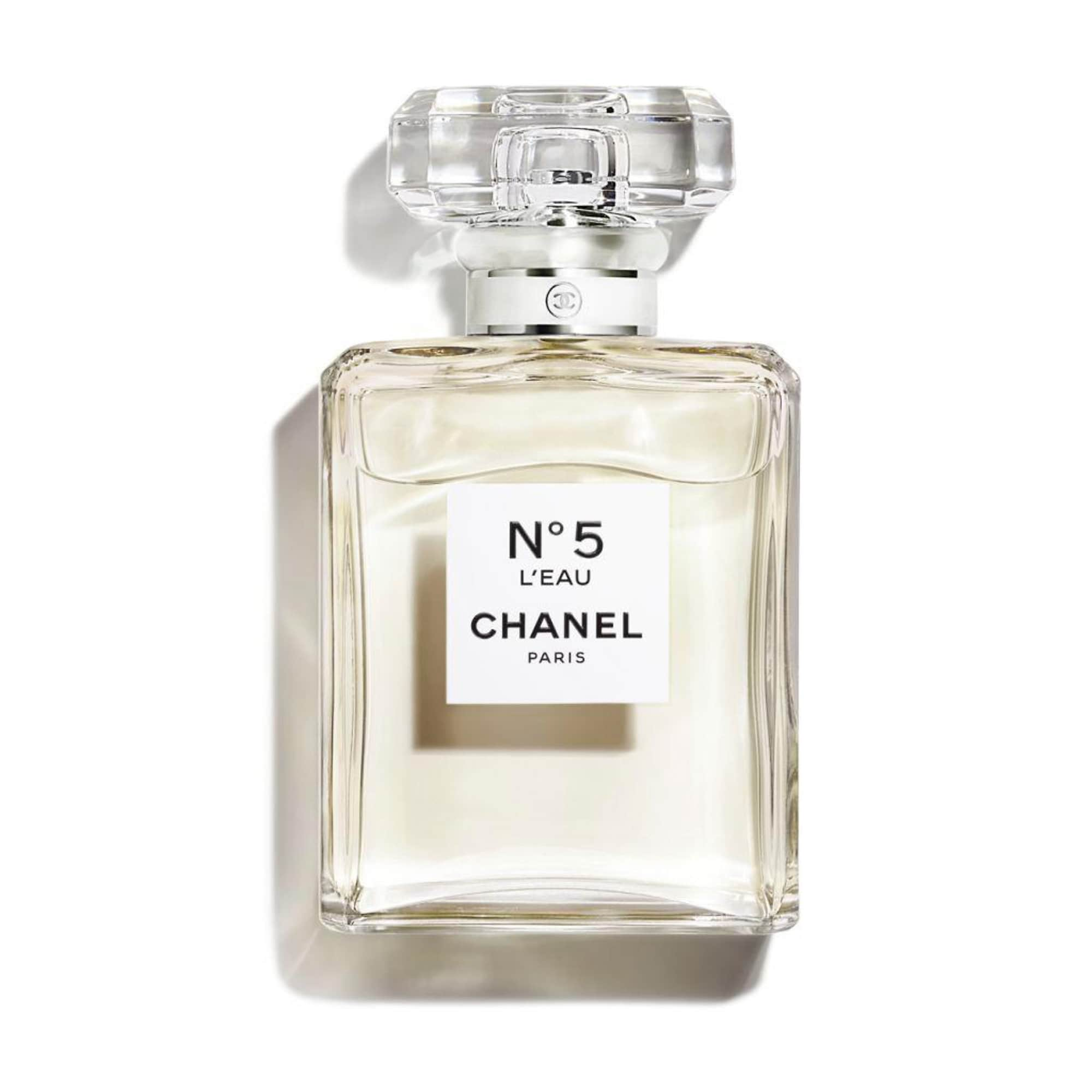The 23rd World Insights
Exploring the untold stories and events from around the globe.
Chanel: Where Fashion Meets Iconic Rebellion
Discover how Chanel revolutionizes fashion with iconic rebellion, blending elegance and audacity in timeless style. Unveil the revolution today!
The Revolutionary Designs of Coco Chanel: Breaking Fashion Barriers
The Revolutionary Designs of Coco Chanel have forever altered the landscape of fashion, breaking free from the constraints of the early 20th century. Chanel introduced a modern silhouette that emphasized comfort, practicality, and elegance, allowing women to move freely while looking stylish. Her iconic little black dress, launched in 1926, challenged the prevailing norms of women's fashion by promoting simplicity over opulence, redefining femininity in a post-war context. With innovative designs like the Chanel No. 5 perfume and the use of jersey fabric, she not only elevated the role of women in fashion but also made luxury accessible for the everyday woman.
Moreover, Coco Chanel's influence extended beyond mere clothing; she became a symbol of empowerment and independence. Her bold decisions to incorporate menswear elements, like tailored suits and flat shoes, allowed women to express their personality and reject the restrictive garments of previous eras. Chanel's designs were a protest against the traditional female image, making bold statements about freedom and self-expression. Today, her legacy continues to inspire countless designers and fashion enthusiasts, proving that true style transcends time and remains a powerful tool for breaking fashion barriers.

How Chanel Redefined Femininity and Empowered Women
Chanel has played an instrumental role in redefining femininity, transforming it from the constraints of the past into a celebration of independence and elegance. With the introduction of the iconic Chanel No. 5 perfume in 1921 and the revolutionary Chanel suit, the brand challenged traditional gender norms and offered women a new way to express their identity. The minimalist design and luxurious materials of Chanel's creations not only provided comfort but also signaled a shift towards a more active and liberated lifestyle for women. This new vision of femininity embraced strength and individuality, allowing women to break free from the confines of corsetry and restrictive clothing.
Moreover, Chanel empowered women by encouraging them to embrace their uniqueness and assert their power in a world that often marginalized their voices. Coco Chanel famously stated,
“The most courageous act is still to think for yourself. Aloud.”This ethos permeated her designs, inspiring countless women to take charge of their lives and express their true selves. Through her timeless collections, Chanel established a sense of confidence that resonated with women across generations, reminding them that femininity is not a limitation but a source of empowerment and self-expression. Today, Chanel remains a symbol of elegance and strength, continuing to inspire women to embrace their femininity on their own terms.
What Makes Chanel a Symbol of Rebellion in the Fashion Industry?
Chanel has long been regarded as a symbol of rebellion in the fashion industry, primarily due to its revolutionary founder, Gabrielle Bonheur 'Coco' Chanel. In the early 20th century, Coco challenged the restrictive and elaborate fashions that defined women's clothing, opting instead for a more comfortable and practical style. By introducing items like the little black dress and the Chanel No. 5 perfume, she liberated women from the confines of corsets and heavy fabric, allowing them to express their individuality. This radical shift not only redefined femininity but also sparked a movement towards modern fashion that embraced simplicity and elegance.
The impact of Chanel goes beyond mere aesthetics; it has become a powerful statement against societal norms. The brand's use of tweed, a fabric traditionally associated with menswear, in women's fashion exemplifies this rebellious spirit. Additionally, Chanel's logo—interlocking C's—serves as a badge of honor for those who dare to defy conventional standards of beauty and style. By promoting the idea that fashion can be both luxurious and accessible, Chanel has empowered women to take control of their wardrobes, allowing them to wear what resonates with their personal identity rather than what society dictates. In this way, Chanel remains an enduring symbol of rebellion and revolution in the fashion landscape.